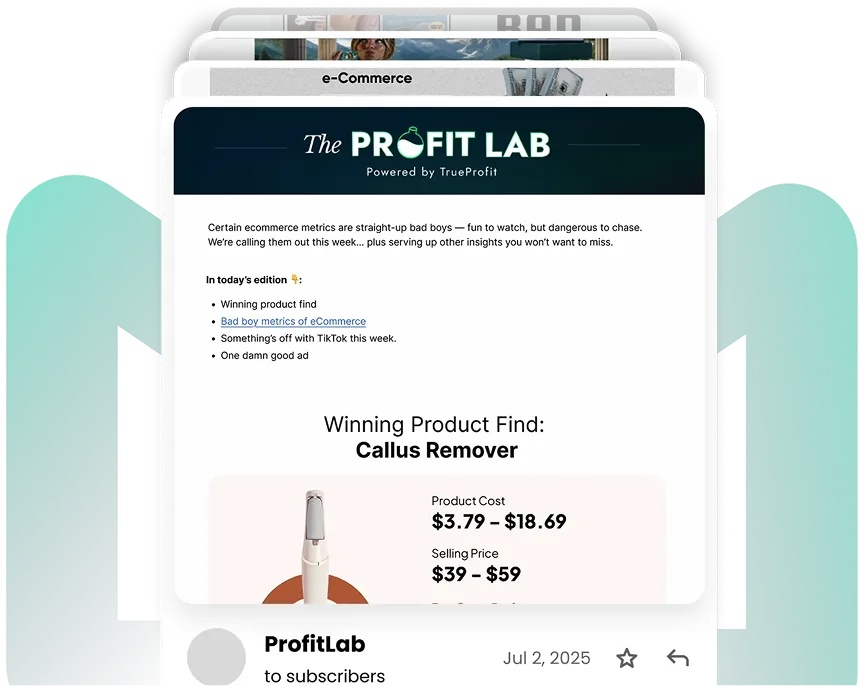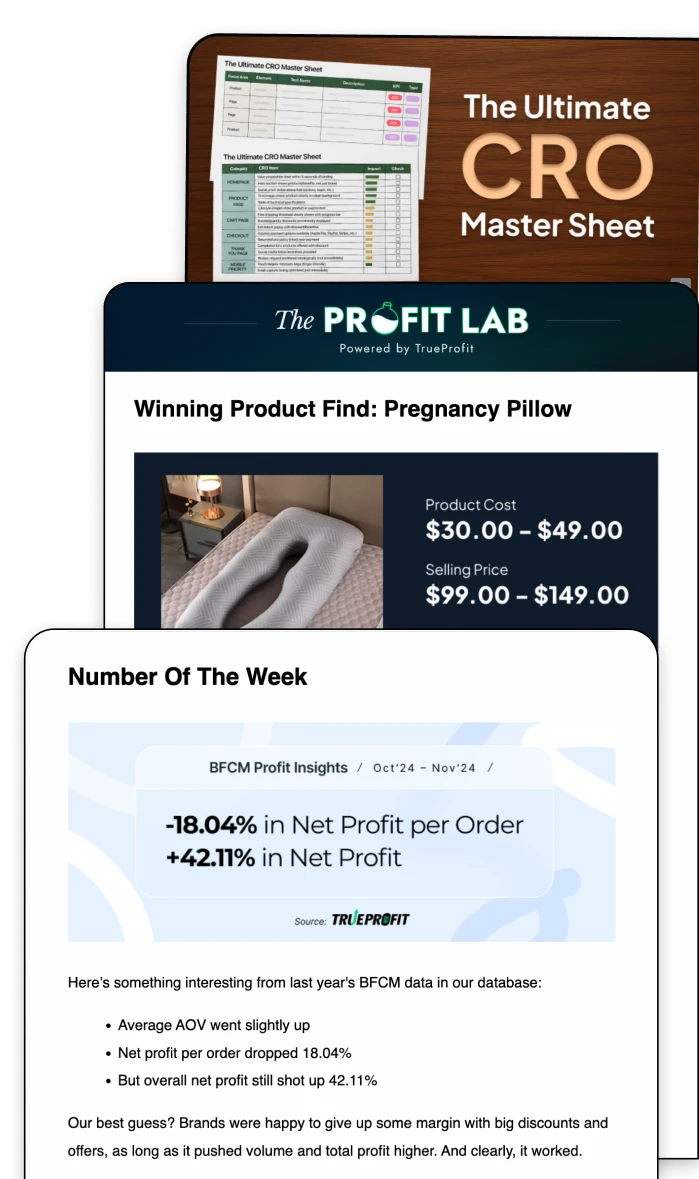Marketing Attribution Software: The Best Tools & How to Choose One in 2025
Finding the right marketing attribution software can be overwhelming. With so many options, how do you know which one fits your budget, integrates with your marketing stack, and provides the right insights for paid campaigns?
This guide breaks it all down for you. We’ll explain what marketing attribution software is, compare different attribution models, and highlight the best tools for 2025—whether you're a startup looking for a free solution or an enterprise needing advanced multi-touch attribution. By the end, you’ll have everything you need to choose the best software for your business. Let’s dive in.
In this blog:
What is Marketing Attribution Software?
Marketing attribution software helps businesses track and analyze how different marketing channels contribute to conversions. It assigns credit to various touchpoints, such as paid ads, organic search, email campaigns, and social media, giving marketers a clear picture of what drives sales.
Types of Marketing Attribution Models & Software
Understanding attribution models is crucial in selecting the right software. Here are the main types:
Single-Touch Attribution
Single-touch attribution assigns all credit to a single interaction within the customer journey. There are two main types:
- First-Touch Attribution gives full credit to the first interaction, making it useful for understanding brand awareness efforts.
- Last-Touch Attribution assigns full credit to the last interaction before conversion, making it easier to track direct response effectiveness.
This model works best for small businesses with straightforward sales funnels but may not capture the full customer journey.
Multi-Touch Attribution
Multi-touch attribution considers multiple interactions before conversion, providing a more accurate view of how different channels contribute to sales. The key types include:
- Linear Attribution – Distributes credit equally across all touchpoints, offering a simple way to acknowledge the role of each channel.
- Time-Decay Attribution – Assigns more weight to interactions that happen closer to the conversion, making it useful for longer sales cycles.
- Position-Based Attribution – Allocates credit based on predefined weight (e.g., 40% to first and last touch, 20% to the middle interactions), balancing early and late-stage impact.
- Data-Driven Attribution – Uses AI and machine learning to analyze the impact of each touchpoint dynamically, providing highly accurate insights.
Multi-touch attribution is best for businesses running campaigns across multiple platforms, as it helps optimize marketing spend based on real customer behavior.
Why Marketing Attribution Software Matters
Without accurate attribution, marketers risk overspending on ineffective channels. Attribution software helps:
- Optimize Ad Spend – Identify high-performing campaigns and eliminate waste.
- Improve ROI marketing – Allocate budget efficiently to maximize returns.
- Enhance Decision-Making – Gain insights into customer journeys.
- Prove Marketing Impact – Justify marketing investments with data-backed reports.
To ensure your spending translates into actual profit, use our Profit Margin Calculator to measure your margins effectively.
Best Marketing Attribution Tools for 2025
Here are the top marketing attribution software options, ranked based on features, pricing, and usability.
Software | Best For | Key Features | Pricing |
|---|---|---|---|
Google Analytics 4 | Free users, startups | Data-driven attribution, multi-touch analysis, integrations | Free |
HubSpot Marketing Hub | Mid-size businesses | CRM integration, revenue attribution, multi-touch tracking | Starts at $50/mo |
Ruler Analytics | Agencies, paid ad tracking | Multi-touch attribution, call tracking, revenue insights | Custom pricing |
Wicked Reports | eCommerce businesses | ROI tracking, customer lifetime value (CLV) insights | Starts at $83/mo |
ThoughtMetric | e-commerce brands and agencies | Multi-touch attribution, campaign, creative, customer, and product analytics, as well as CAPI integrations. | Starts at $99 per month for 50k pageviews |
TrueProfit | Shopify stores | AI-driven attribution, real-time data, ad tracking | Starts at $35/mo |
Detailed Breakdown of Top Marketing Attribution Software
If you're looking for a deeper understanding of each platform's strengths, limitations, and best use cases, this section provides a comprehensive analysis of the top attribution tools.
TrueProfit
Understanding where your sales are coming from is crucial for any successful dropshipping business. TrueProfit takes the guesswork out of marketing performance with its powerful marketing attribution features.
With TrueProfit marketing attribution features, you can track the exact impact of each marketing channel—whether it's Facebook Ads, Google Ads, or email campaigns. This allows you to see which channels drive the most conversions and revenue, helping you spend your budget more wisely.
By giving you a clear and accurate picture of your marketing ROI, TrueProfit ensures you can optimize campaigns in real time and focus on the strategies that truly boost your bottom line.
Google Analytics 4
A go-to choice for startups and small businesses, GA4 offers free multi-touch attribution with deep integration into Google's ecosystem. It provides AI-powered insights and customizable reports, making it ideal for businesses looking for cost-effective attribution tracking. However, it requires technical expertise to set up and interpret advanced reports.
HubSpot Marketing Hub
Best suited for mid-sized businesses, HubSpot's attribution features integrate seamlessly with its CRM, enabling revenue-based attribution tracking. The platform is user-friendly, making it easy to visualize customer journeys. While it's a powerful option, its advanced features come at a higher cost, which may not suit smaller businesses.
Ruler Analytics
Designed for agencies and businesses heavily investing in paid ads, Ruler Analytics excels in multi-touch attribution and call tracking. It connects marketing data with revenue insights, helping advertisers refine their strategies. The custom pricing model makes it scalable, but the setup process can be complex.
Wicked Reports
Favored by eCommerce brands, Wicked Reports specializes in tracking customer lifetime value (CLV) and return on ad spend (ROAS). It helps merchants optimize paid marketing campaigns with data-backed insights. The pricing starts at $83/month, which can be costly for small businesses but is a worthwhile investment for growing eCommerce stores.
ThoughtMetric
ThoughtMetric is built for e-commerce companies that want clear attribution without added complexity. It provides five attribution models, campaign analytics, product-level reporting, creative performance dashboards, post-purchase surveys, and CAPI integrations.
These features give companies a reliable view of which channels, ads, and products drive revenue, and where budget adjustments will have the most impact.
Best suited for any e-commerce company, from small startups to established brands, looking for a dedicated attribution tool with detailed insights across the customer journey.
How to Choose the Right Marketing Attribution Software
Selecting the best software depends on your business needs, budget, and tech stack. Consider:
- Business Size & Model – Small businesses may prefer free tools like GA4, while enterprises need advanced solutions.
- Attribution Model Support – Ensure the software aligns with your attribution strategy.
- Integration Needs – Look for compatibility with CRM, ad platforms, and analytics tools.
- Ease of Use & Support – Choose tools with an intuitive interface and strong customer support.
- Budget – Compare pricing options and free trials before committing.
Best Budget-Friendly Attribution Software
If you're looking for affordable options, consider:
- Google Analytics 4 (Free) – Ideal for basic multi-touch attribution.
- TrueProfit (Starts at $35/mo) – Best for small to medium-sized Shopify stores.
In brief, by accurately attributing conversions and analyzing data on customer interactions, you can optimize your marketing strategies, allocate resources wisely, and maximize your ROI.
And we hope after going through our list of the 5+ best marketing attribution software, you can choose the one that best fits your tracking demands.
Tracy is a senior content executive at TrueProfit – specializing in helping eCommerce businesses scale profitably through content. She has over 4 years of experience in eCommerce and digital marketing editorial writing. She develops high-impact content that helps thousands of Shopify merchants make data-driven, profit-focused decisions.



 Shopify profits
Shopify profits


